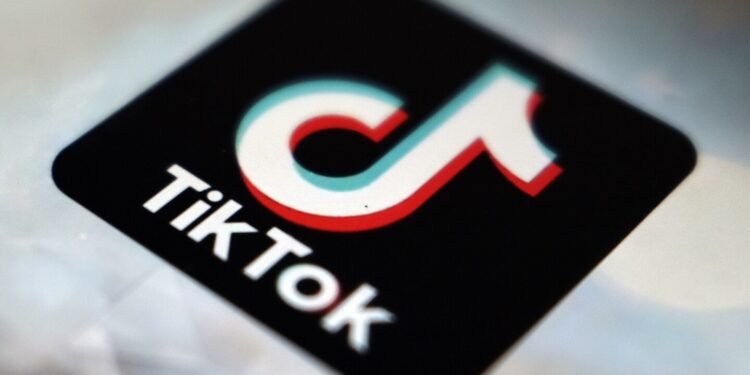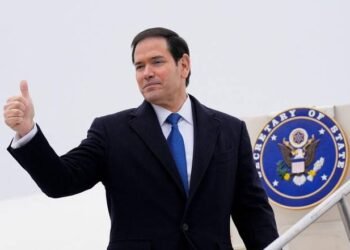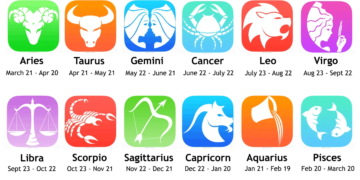WASHINGTON (news agencies) — After TikTok was banned in the United States earlier this year, President Donald Trump gave the platform a reprieve, barreling past a law that was passed in Congress and upheld unanimously by the Supreme Court that said the ban was necessary for national security.
The Republican president’s executive orders have spurred more than 130 lawsuits in the little more than two months he has been in office, but this one barely generated a peep. None of those suits challenges his temporary block of the 2024 law that banned the popular social video app after the deadline passed for it to be sold by ByteDance, its China-based parent company.
Few of the 431 members of the House of Representatives and the Senate who voted for the law have complained.
Despite a bipartisan consensus about the risk to national security posed by TikTok’s ties to China, “it’s as if nothing ever happened,” said Sarah Kreps, director of Cornell University’s Tech Policy Institute.
TikTok continues to function, much to the delight of its 170 million users in the U.S., and the tech giants Apple, Google and Oracle have been persuaded to continue to offer and support the app, on the promise that Trump’s Justice Department would not use the law to seek potentially steep fines against them.
Trump declared he was suspending the law for 75 days, though no provision of the rule would appear to allow for that, to give ByteDance a fresh chance to find a U.S. buyer. The president has suggested he could extend the pause, but he has since said he expects a deal by Saturday, when the reprieve expires. He is meeting Wednesday with aides about possible suitors for TikTok. Oracle and the investment firm Blackstone are among the potential investors.
Trump’s action followed a fast-tracked free-speech challenge by TikTok and its users that ended with a unanimous Supreme Court ruling days before Trump’s inauguration, in which the justices held that national security concerns overcame their usual receptivity to First Amendment claims.
The court’s opinions dealt at length with the potential for China to harvest vast quantities of TikTok users’ data that could allow it to track the locations of federal employees and contractors.









 United Arab Emirates Dirham Exchange Rate
United Arab Emirates Dirham Exchange Rate

